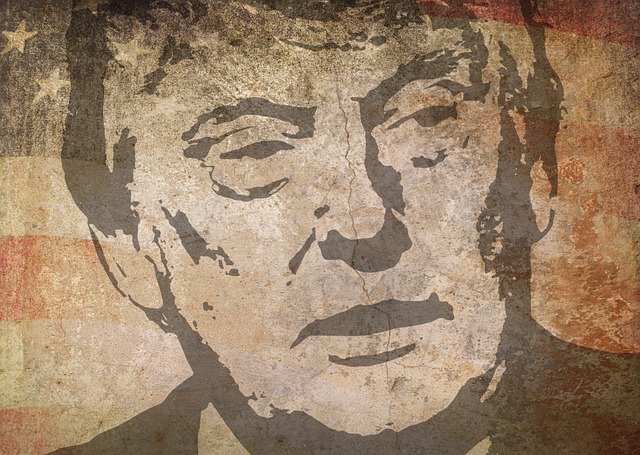
Limits of Presidential Authority
President Trump tweeted last night that “In light of the attack from the Invisible Enemy, as well as the need to protect the jobs of our GREAT American Citizens, I will be signing an Executive Order to temporarily suspend immigration into the United States!”
The executive branch at the Federal level has analogous emergency powers to protect public health as governors have at the state level, since both these executive emergency powers stem from the police power inherent to the executive under our common law tradition. Emergency actions under the police power to protect public health have traditional limits in common law — such emergency actions need to be narrow in time and narrow in scope, and they need to be tightly connected to demonstrable public health concerns. Short of this, the President is not above the law, and cannot change statutes of the United States with executive orders, including immigration statutes.
For example, if there is a compelling public health reason to do so, the President can suspend all international flights to the US for two weeks, or he can forbid consular issuance of visas from specific countries with a large number of Covid-19 cases for a month. Such emergency actions would likely be upheld by the courts as a legitimate exercise of the police power. Suspending immigration indefinitely likely does not pass the constitutional or common law standards.
The President’s tweet is probably bluster aimed at exciting his anti-immigrant base during an election year (and it is sad that that kind of bluster appeals to some Americans). We understand that teams in the White House are working on different versions of the executive order, and we await the text of the executive order. If the executive order crosses constitutional or common law boundaries, we have no doubt that the federal courts will step in, and issue immediate restraining orders as they have done for the President’s many other attempts to use executive power outside of the law of the land.
